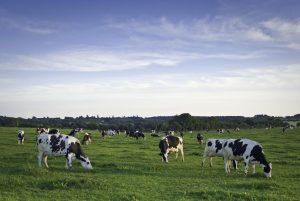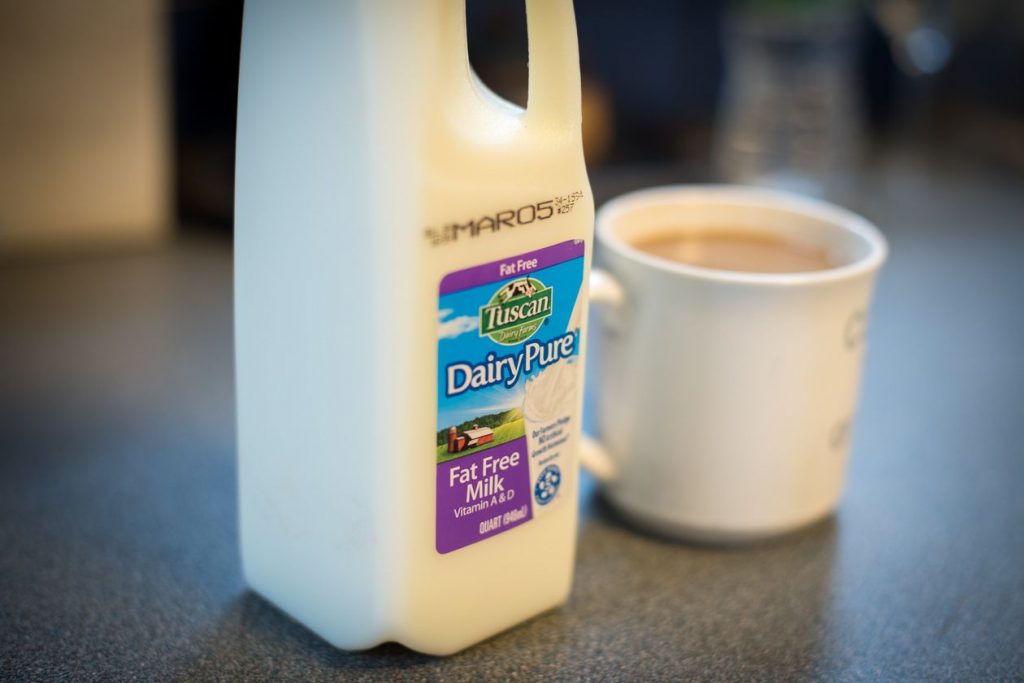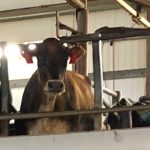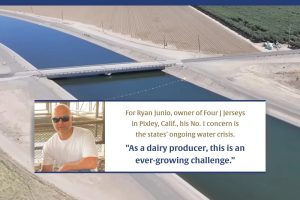
Justice Department antitrust authorities cleared the way for Dairy Farmers of America Inc. to buy the bulk of Dean Foods Co. ’s milk plants out of bankruptcy, uniting the nation’s largest dairy cooperative by membership with the biggest milk processor.
The Justice Department said Friday it would approve DFA’s $433 million purchase offer, subject to certain conditions, against the backdrop of “unprecedented challenges in the dairy industry” and Dean’s potential liquidation in the event the proposed deal fell through.
“The department conducted a fast but comprehensive investigation, and our actions today preserve competition for fluid milk processing,” Assistant Attorney General Makan Delrahim said.
As a condition of the deal, the Justice Department required the divestiture of three Dean plants in Illinois, Wisconsin and Massachusetts to remedy potential competitive harm.
Neither Dairy Farmers of America nor Dean responded to requests for comment beyond the Justice Department announcement.
Dean filed for bankruptcy in November and was followed into chapter 11 in January by another large fluid-milk processor, Borden Dairy Co., as falling milk consumption puts intensifying pressure on the highly regulated industry. Dean, the top U.S. milk processor by sales, had struggled for years with slumping demand as consumers gravitated to other beverages, including milk alternatives made from soy and oats.
The dairy industry has seen further turmoil since the novel coronavirus pandemic, which has closed the nation’s schools and restaurants—major markets for milk and other dairy products.
DFA bested other bidders at a bankruptcy auction for Dean’s assets and won court approval last month to buy 44 fluid- and frozen-dairy processing facilities out of the chapter 11 proceeding, pending antitrust clearance.
Some farm groups and retailers adamantly opposed the combination, saying it would hand DFA too much pricing power in parts of the country and make it harder for DFA’s competitors to supply those plants.
Borden also challenged the sale, teaming up with Dean bondholders to propose a merger with Dean that they said would avoid the antitrust concerns surrounding DFA’s bid.
In an interview, Borden CEO Tony Sarsam said the company was “very disappointed” in the Justice Department’s decision, while casting doubt on the suggestion that Dean needed to merge with DFA to survive.
“The government must have had their reasons for allowing this to go through,” Mr. Sarsam said. “But we remain perplexed about why there wasn’t more thoughtful consideration of other alternatives.”
“It’s going to make for an unlevel playing field,” he added.
In March, the Justice Department said in a letter to Dean creditors that a combination with DFA appeared to threaten “serious risk of anticompetitive harm” to farmers and consumers. The letter, made public in court papers, said Dean and DFA would need to agree to remedies like divesting assets to address the concerns, or else face a potential lawsuit. Officials indicated they would move quickly because of Dean’s liquidity problems.
—Brent Kendall and Jacob Bunge contributed to this article.























